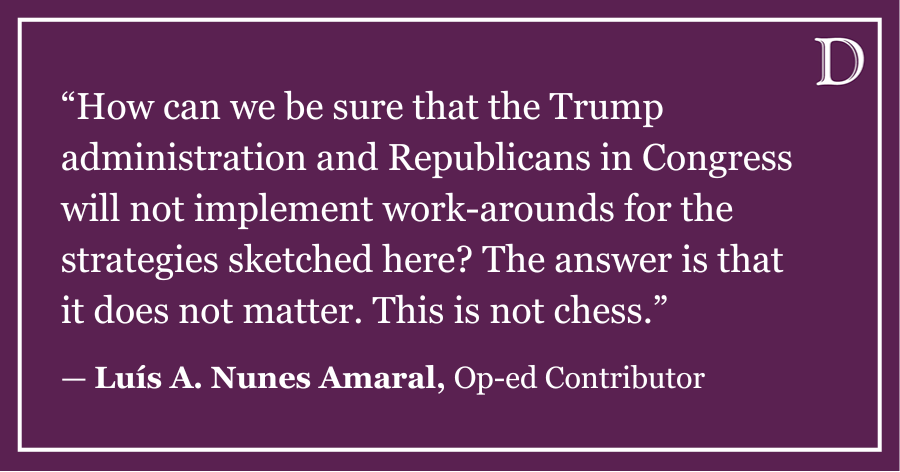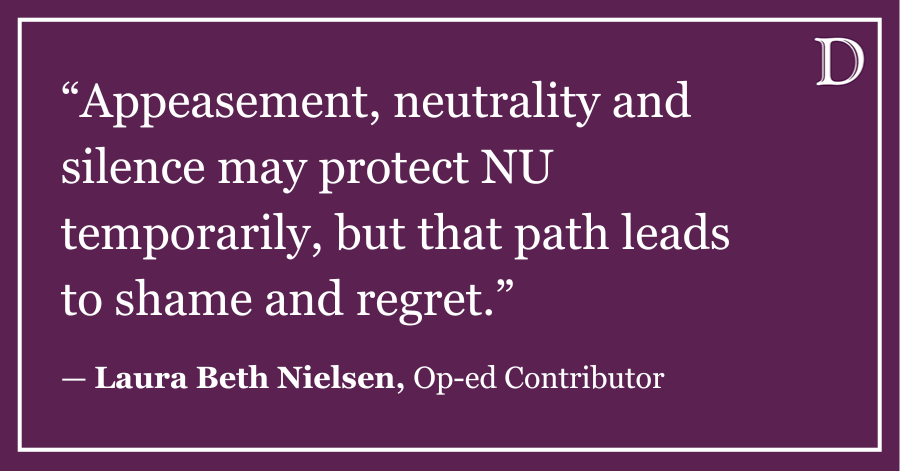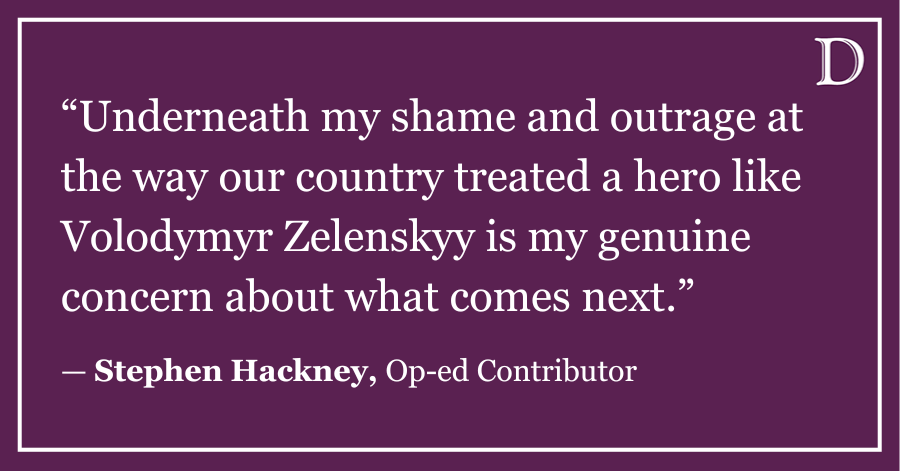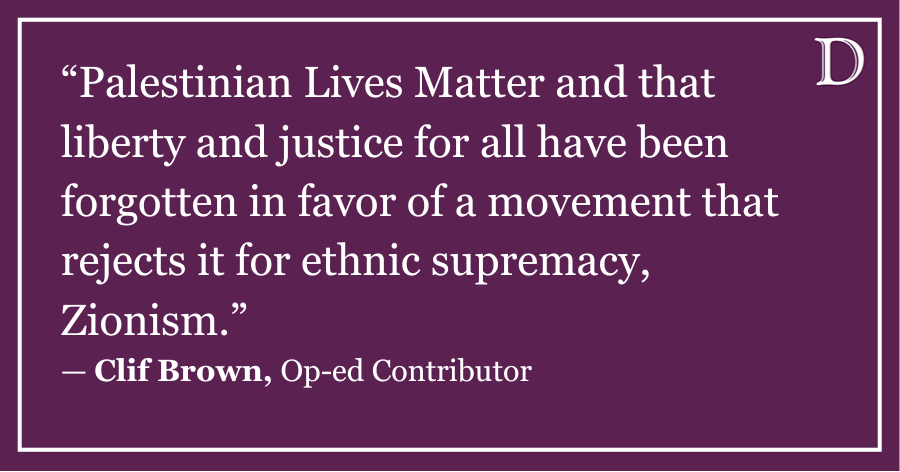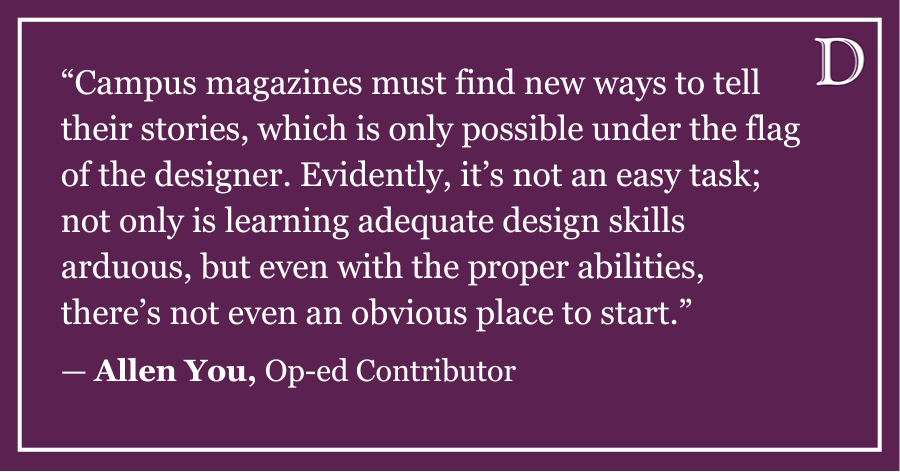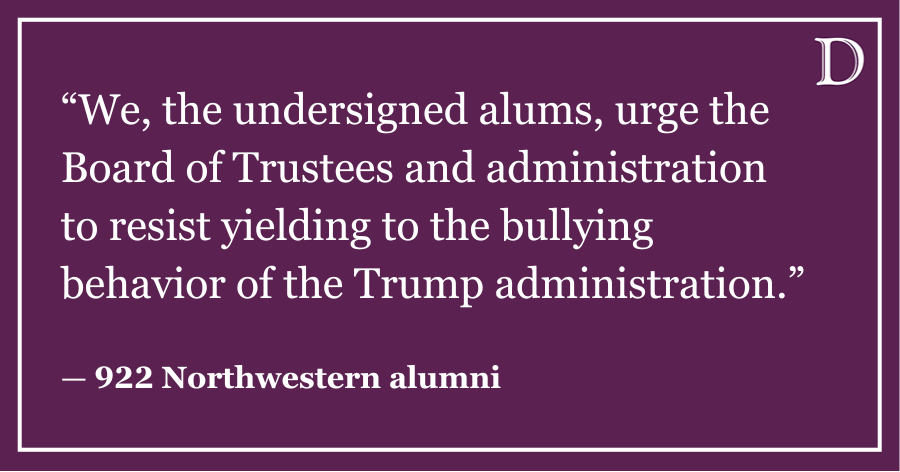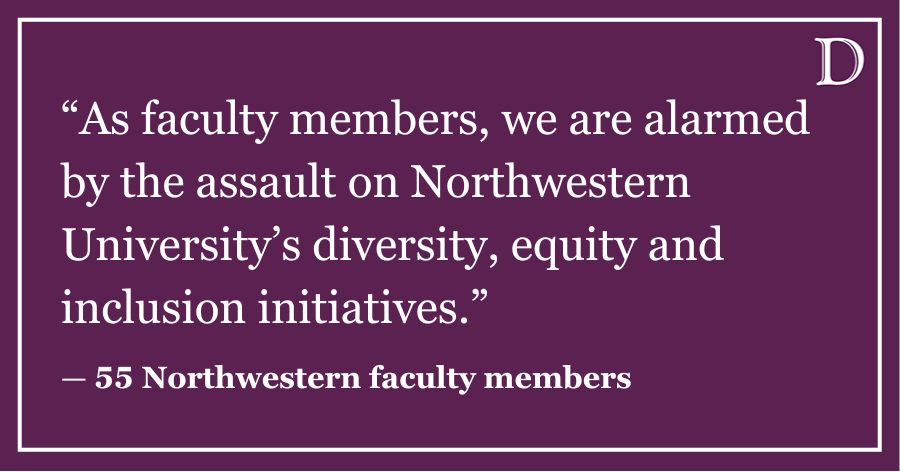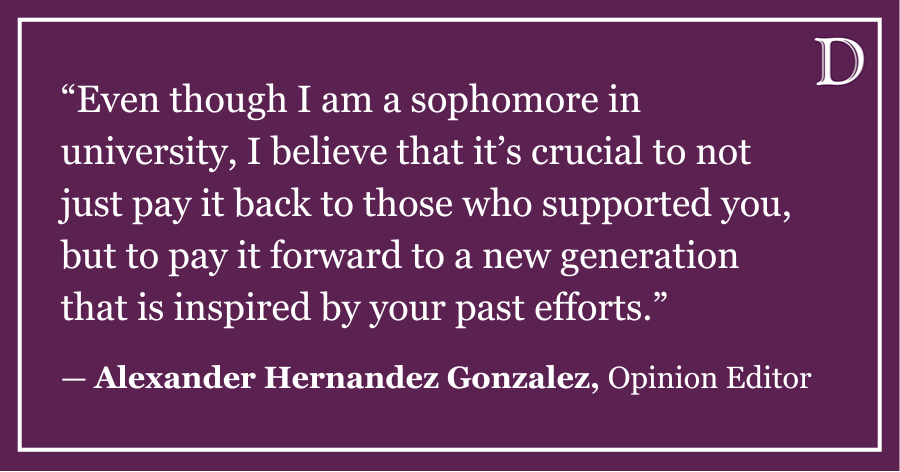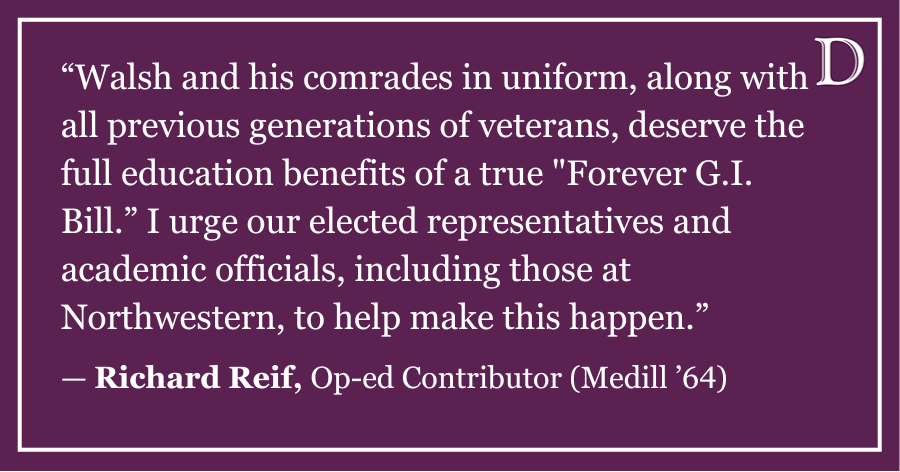For years now, the American Israel Public Affairs Committee has hosted a biannual leadership seminar in Washington, D.C., called Saban. Saban provides opportunities for more than 400 students from more than 140 campuses to come together and learn about the U.S.-Israel relationship. Topics range from roadblocks in the Middle East peace process to effective methods of political advocacy and perhaps most importantly, ways to connect with and learn from other conference attendees. This summer, three Northwestern students, including myself, attended Saban and interacted with AIPAC and D.C. professionals for four days.
AIPAC is an organization that dedicates itself to bolstering the relationship between the United States and Israel and as such, its members usually come from a Jewish background. So as a Kentuckian and the seldom-practicing son of a Catholic father and an Episcopal mother, I found myself for four days in a religious minority unlike any that I had experienced since the heyday of bar/bat mitzvah season in seventh grade. This time, though, there was (sadly) no Horah to be had, just four straight days of hard-hitting lectures and group discussions about U.S. foreign policy in the Middle East.
It was my second AIPAC conference, and at both of them, there have been slightly awkward moments when I’ve confessed my gentile status. However, everyone soon realizes that at an AIPAC conference there is an incredible diversity not only in religion, but also in perspective, race and geographic background. This was highlighted on the third day of the conference, when people from disparate backgrounds paired up to speak in front of the whole assembly about their perspectives on the U.S.-Israel relationship. An Evangelical Christian from what was described as the “tundra of Alaska” was paired up with a Jew from the “desert of Arizona,” and their presentation was riveting. A particularly moving moment came when an African-American Christian spoke about how she felt it was the duty of the African-American community to stand with the Jewish people in Israel because of the help that the Jewish community had provided to African-Americans during the civil rights movement.
I enjoy going to AIPAC conferences because they remind you not only of the incredible history behind current events in the Middle East, but also of how each of us, no matter who we are, has a stake in that history. AIPAC brings history into the present so that those who want to, students and professionals alike, can become a part of a community interested in changing the course of history for the better.
Guest columnist Wilson Shirley is a rising Weinberg junior. He can be reached at wilsonshirley2015@u.


